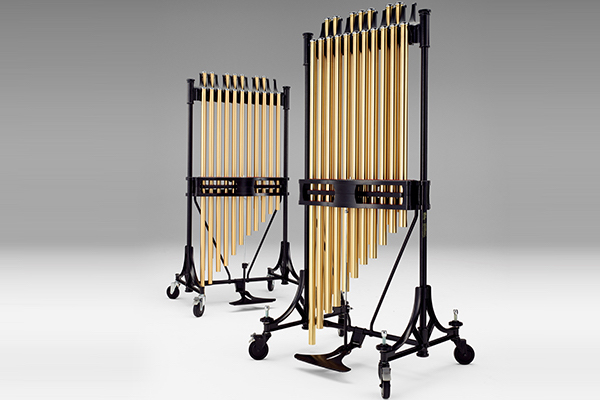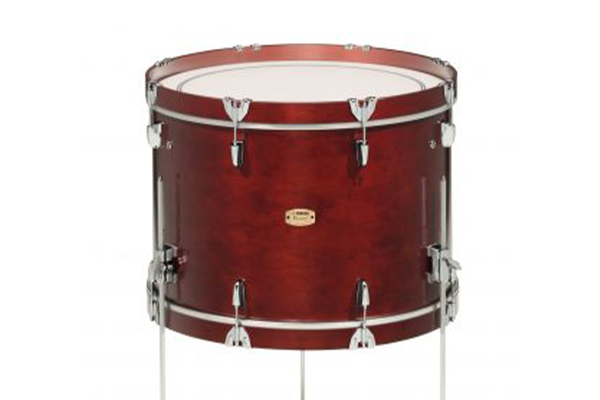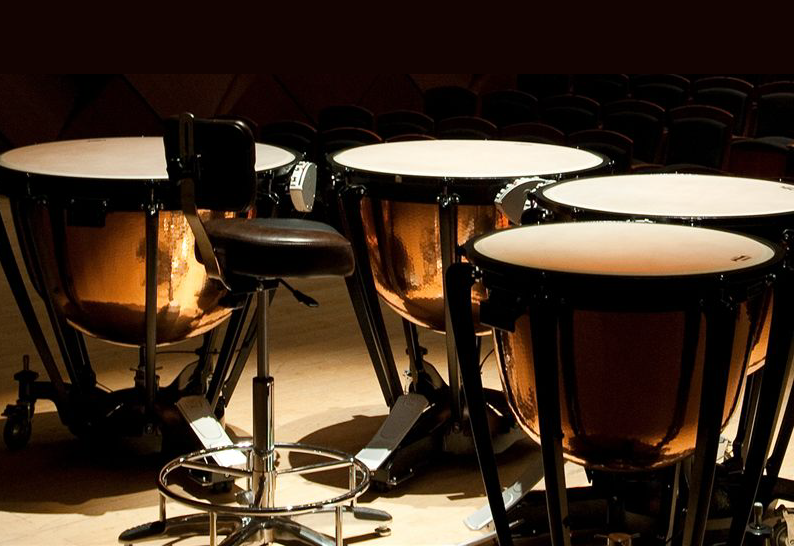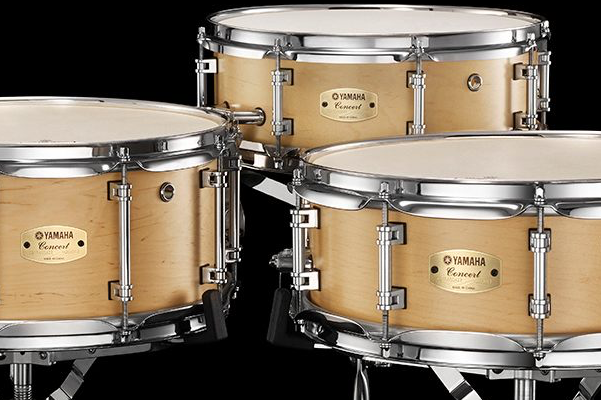Don’t Play With the Metronome
Count with it instead.
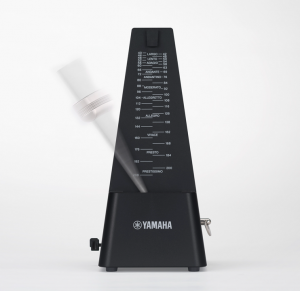
You know that annoying device that beeps incessantly, often completely out of time with your playing? You may have one the size of a book that has more knobs and switches than a soundboard. You may be “old school,” with one that swings like a pendulum from side to side. Or you may be the “less is more” type with a free app on your smartphone or tablet — something that’s always handy anyway. Regardless, this device often seems to serve no better purpose (at least when you bother to turn it on) than to irritate you with its refusal to stay in sync with your brilliant sense of time.
Well, that’s because you’re doing it wrong. My advice: Don’t play with the metronome.
You may say to me that your music teacher, band director, percussion instructor, parent, etc. have all told you to use your metronome every time you practice. Well, yes, of course, you should certainly use it while you practice. Just don’t play with it.
Confused? Allow me to elaborate.
Rather than play with your metronome, count with your metronome. Turn it on, then count along with it. Count quarter notes. Count eighth notes. Count sixteenth notes, triplets, quintuplets, septuplets … any rhythmic unit that you think you might encounter in the music you’re playing. After you’ve established a rhythmic context, count anything that has rhythm (yes, I know, that means everything) along with the metronome: your études, your band music, your solo and ensemble music, your audition piece …. every piece of music you play or are learning.
It may seem like a matter of semantics, but hear me out. It is practically intuitive to count out loud as you play — just as intuitive as it is to play along with your counting. Your hands and feet easily sync up with the syllables coming out of your lips because all of that information is originating from the same brain. So if you allow verbalization (i.e., counting out loud) to function as an interpreter of sorts between the metronome and your playing, you’ll likely find that the metronome will no longer be a source of frustration, but a true asset in time-keeping.











